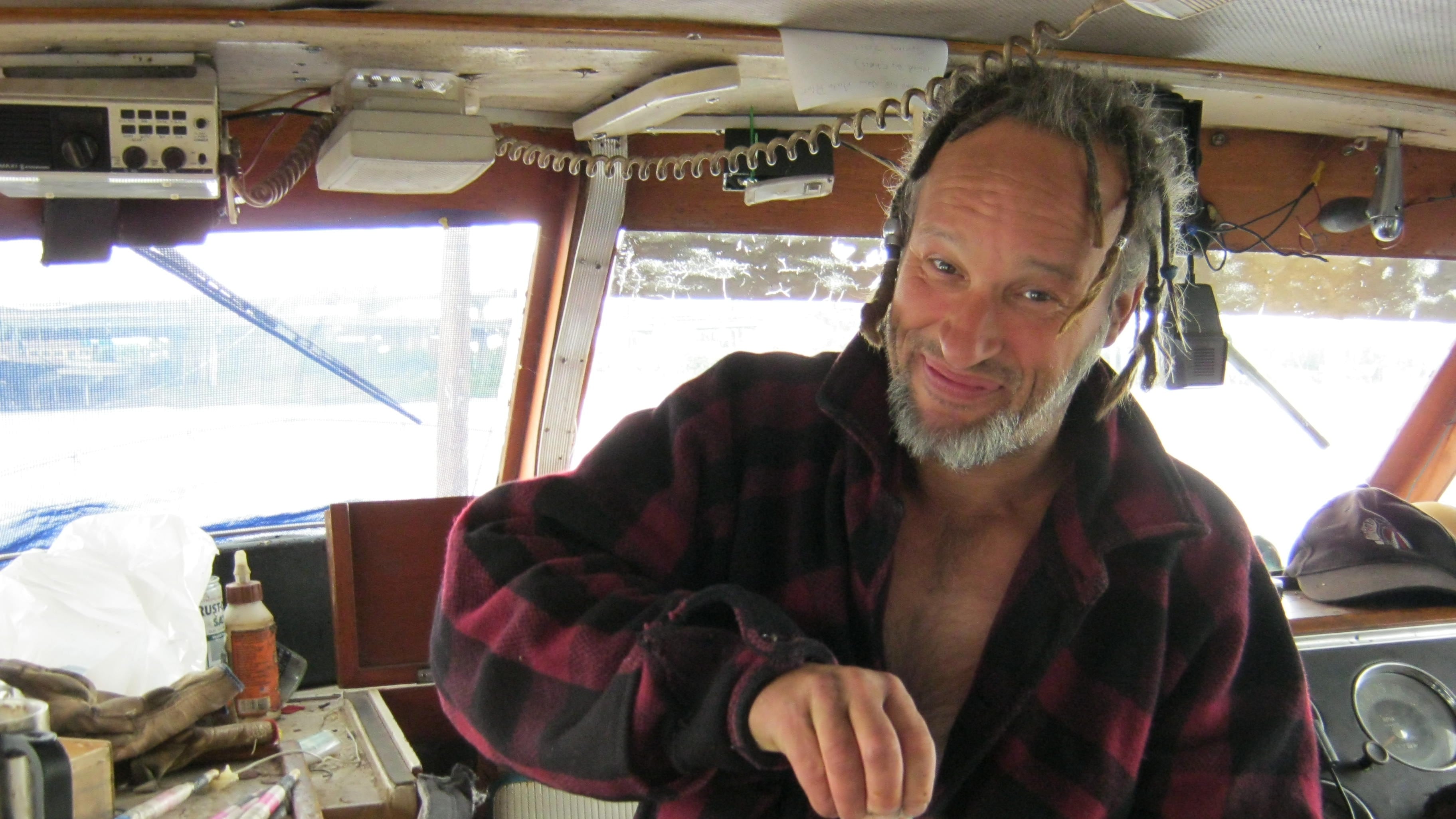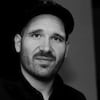I vividly remember the first time I heard someone use the term "New Portland." I was passing by the front desk at WW, when I complimented the aggro music blasting from the receptionist's computer.
"Up in the production department all they listen to is sad-bastard music by dudes playing acoustic guitar," I said.
"That's Old Portland," he said. "This is New Portland."
I stole this, as I so often steal words and phrases that strike my ear. I used it. A lot. Obviously, the phrase is totally un-Googleable. But as far as I know, Willamette Week was the first publication to use the term to describe the cultural milieu of the Portlandia era. Either way, we certainly were the most aggressive about establishing it as shorthand for the rapid evolution of this city.
Maybe it's just because today is my last day at Willamette Week, or maybe it's because my successor Matt Singer is a very convincing writer, but to me it feels like that era like it's drawing to a close. It's been a time of rapid and discombobulating progress that remade the look and feel of this city. I've championed embracing that change, largely because that's the only useful way of processing it.
When I arrived here in 2011, Portland had a very different vibe. One of our former staff writers unironically referred to the middle of the city as "Paris in the 1920s, but with iPhones," and while obviously that feeling was far from universal, especially among the people of color who'd been gentrified out of North Portland, I'd wager it felt true to many more readers than it does today. Or, alternately, maybe I'm just old.
Either way, now I'm off to Raw Story, and to the front lines of the war for America. Not the circular firing squad of Portland wokeness, but the actual American culture war against literal Nazis. I'm excited. And I'm also thankful for all the great people I got to work with here, and all the great stories we had the opportunity to tell about this city.
Here are my favorite stories that I either wrote or worked on as an editor.
Speaking of Old Portland…I've been asked a few times if I wrote the notorious Ye Olde Portland column. I did not—I'm simply not that funny. What actually happened (and this is not a joke) is that one of our readers left a comment on Facebook that was so hilarious I asked him to adapt it into a weekly column. The author used a pen name because I sincerely feared for his safety. Nevertheless, in my opinion, it's one of the best things WW has ever published, and certainly the funniest. My favorites were about the Piscotty Castle, the Hawthorne Boulevard Hot Dog District and the feature-length and surprisingly moving "Rise and Fall of the Ferrymen of the Willamette."
An old joke in newsrooms is that a story is whatever your boss noticed on his way into work. Well, my first summer here, I noticed transient boaters anchored near the Hawthorne Bridge. It fell to intern John Locanthi to spend a day on the dock waiting for them and to talk his way aboard the boat of a guy named "Finger." John made it happen, and wrote a wonderful feature about Finger. That turned into a series documenting life for the transient boaters—or, as we dubbed them, Hobo Pirates, a term that itself became something of a meme. John became a regular contributor and did a bunch of stories I loved—especially the cover story about the Portlandia statue titled "So Sue Us."
Let's not forget how he promoted a downtown dock, built & intended for launching small people-powered boats, as a place for wastoids to party & get blotto. Dragon boaters & rowers suddenly had to deal with a dock over capacity, trash thrown in boats, & drunks threatening them.
— todd (@thehudtodd) February 8, 2018
Two summers later, I was again biking across the Hawthorne Bridge when I spotted a bunch of cool kids swimming and drinking on the dock south of the bridge. I dispatched another intern to write about how The Dock was the new cool spot to hang out, and we had another classic. People got so mad about other people using a public dock, because Portland. I eventually had to confront a mall cop and then call the actual police to confirm that The Dock was open to the public. (The Dock will be reopened this summer and I encourage you to use it.)
Speaking of public waterways and mall cops, I've been really into the fight to free Oswego Lake and am so happy that's headed to the state Supreme Court this spring. We're going to free that lake and, hopefully, name a park on its shores after Todd Prager.
The mood of the city was a little different back in 2012, and we were able to do some things that would provoke people in different ways today. Like preview the Rose Festival by talking to a former Rose Queen who told us that today's Rose Festival queens were not attractive enough, and that this was hurting the event.
The city really was different back in 2012, when I wrote a review that was critical of Salt & Straw. This was an unpopular opinion at the time. In fact, one of our ad sales people sent out an all-staff e-mail calling it "career suicide." Now, of course, we live in a time of intense class resentment and people are hanging up "Fuck Salt & Straw" handbills. This is also stupid. While I don't like their ice cream, everyone involved in Salt & Straw is shockingly nice and refreshingly professional in a town where too many people take criticism of their projects personally.
Lizzy Acker, who is now at the Oregonian, is one of the most talented writers I've had the pleasure of editing at WW. She was working at Powell's when I hired her to be our web editor, and she was the exact writer this paper needed at the moment she appeared. Though she's at the Oregonian, I remain a huge fan of her work, which I think is underrated because of her casual voice and because of sexism. I have a lot of favorite Lizzy pieces, but my favorite favorite is "Our Hoboken," about how, yes, Vancouver is a suburb of Portland.
One of my other favorite writers in town is also at the Oregonian. That's Michael Russell, who I respect immensely, and who I've been honored to compete with. I am very proud of the time I spotted his sauce-splattered face in an Oregonian photo gallery and outed him.
In addition to Vancouver being a suburb of Portland, I also feel very strongly that, actually, umbrellas are good. I found another writer who felt the same way, Walker Macmurdo, and we had an instant classic.
I've never been shy about saying that I think Aaron Mesh is the best writer at WW. That opinion is informed, in part, by projects like his feature about "Wakonda" in last year's Going Coastal magazine. I said, "Aaron, can you write a 2,000 word travel feature about a place that doesn't exist?" and he turned in one of the best things I read anywhere all year.
My other favorite writer at the paper is Matthew Korfhage, who writes about a lot of the same things I do but with better prose. It's really hard for me to pick a favorite piece from him. But it's probably the time he killed a rabbit with a broomstick—even though most Portlanders eat meat, we'd probably get protested for running this story today.
I have always been perfectly happy to share my own controversial-but-true takes, such as getting a bunch of people in the food and drink industry to dish on what servers and bartenders actually make. This is one of those things you're not supposed to talk about, and was taken as an attack, which was obviously not the intent. I'm glad these people do well, they earn the money. (I was really happy to see the Mercury come back around on this topic, because I think it's something we need to be able to discuss without all the resentments.)
The only story that got more people angry than that one? The Cake Wars, in which we called two "Christian" bakeries who refused to make cakes for gay weddings and got them to agree to make divorce cakes, Pagan solstice cakes and the like. Right-wingers are very committed to threats in these situations, and I actually got threats mailed to my home.
I've known Pete Cottell for 15 years, and was so happy when he moved out to Portland from Ohio, even—actually, especially—because he was living in a van, which made for a great column, Vanifest Destiny. (Today, this pun may be seen as insensitive and I apologize for it.) There are a lot more people living in vans in Portland now, and the #vanlife scene has changed a lot, which makes looking back at this more innocent time even more interesting to me. Pete also wrote an amazing cover story about his first job in Portland, as a cashier at Voodoo Doughnuts. It's a story another editor tried to kill, and that I fought for and hammered out with Pete at my kitchen table, and I'll always treasure it.
I also knew Tyler Hurst before I moved here. The Tyler I know, and the one that I wish more people knew, is the guy who biked into the heart of Car Culture and lived to tell about it.
I feel very fortunate to have had the opportunity to do Portland at the very highest level. I've got to meet everyone I wanted to meet, enjoyed so much awesome stuff, and got to write pretty much every story I wanted to write when I moved here. That includes writing about the most interesting band to ever come out of this city, Everclear. I spent an insane amount of time, probably 50 hours each, compiling extremely long and detailed oral histories of Sparkle & Fade and So Much For The Afterglow.
We'll see where I'm at in two years, when Everclear's Songs from an American Movie Vol. One: Learning How to Smile turns 20.
Until then…

